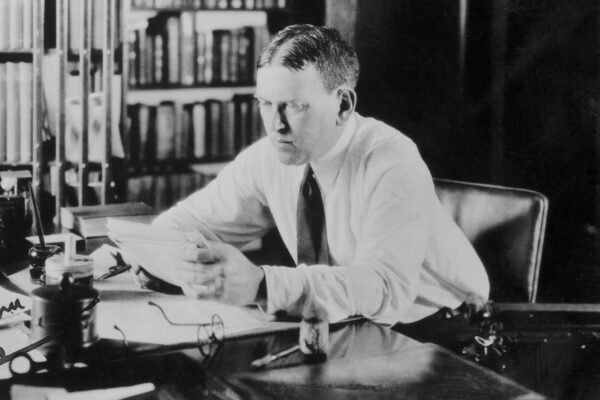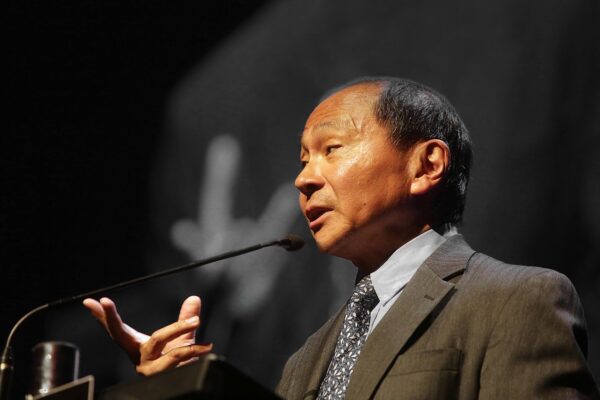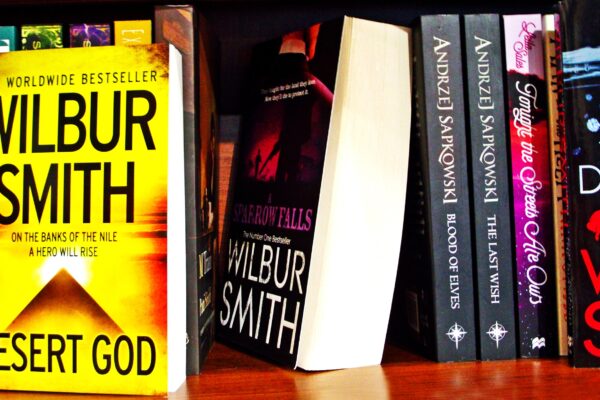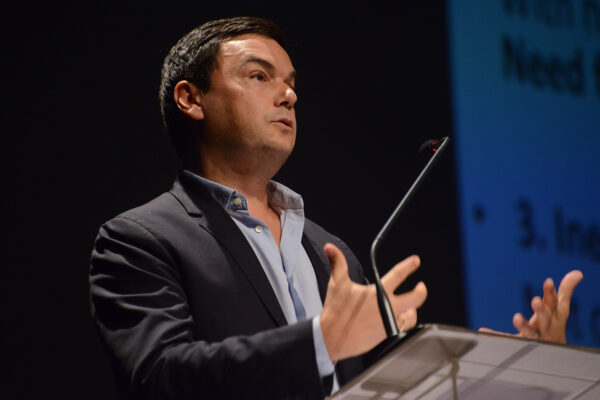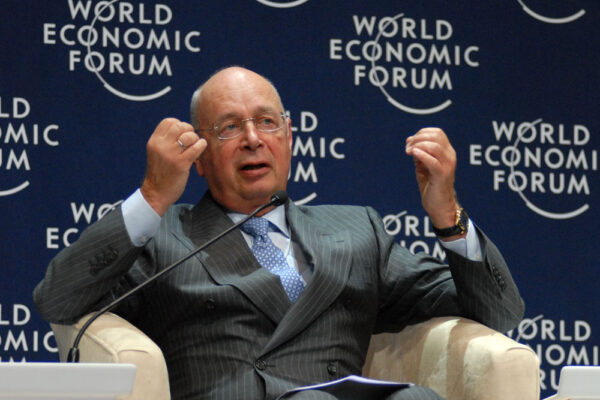Expanding the Legacy
To the Rescue of Paul Gauguin
He lapped up life daringly, mastered the art of rebellion, and looked far beyond the horizon to find adventure and clam his restless soul. Just before the implacable woke crowd could ‘cancel’ him, biographer Sue Prideaux snatched Paul Gauguin from its claws. The French postimpressionist painter seemed ripe for the picking: the perfect candidate to be knocked off his pedestal, thrown from his perch, and relegated to the scrapheap of art history. It was not for a lack of trying that the über politically correct posse failed in its pursuit.
Irish Literary Iconoclast
Novelist Edna O’Brien famously defined her native Ireland as both “a state of mind and an actual country.” The writer, who passed away last Saturday aged 93, long sustained a troubled relationship with Ireland or rather the other way around. She bared the Irish mind to her readers and suffered for it. With courage and aplomb, she dissected and shone a light on social realities and mores ignored and suppressed for generations.
Micro States Struggle for Survival in Multipolar World
In a dog-eat-dog world, small states are often seen as mere appetisers. Even mid-sized ones, such as Ukraine, may feature on the menu of larger neighbours. Armen Sarkissian, a former prime minister and president of Armenia and a theoretical physicist of considerable standing, has a vested interest in the well being of smaller countries. He argues that nations such as his own have been treated as ‘disposable’ throughout much of history or, at best, as an appendix to larger sovereign entities in the vicinity.
On Collective Wisdom and Individual Ignorance & Vice Versa
In this era of electoral upheaval, with Donald Trump and the European hard right rattling the gates of power, it is perhaps a propitious moment to rescue the American satirist and cultural icon HL Mencken from obscurity. Henry Louis Mencken (1880-1956) was an admirer of the German philosopher Friedrich Nietzsche (‘I Am Dynamite’) and as outspoken, if not more so, than the polemicist he idolized.
Francis Fukuyama on the Continuation of History
Poor Francis. History didn’t end after all. Neither did liberalism triumph over the forces of evil. Possibly one of the most misunderstood or misinterpreted books of recent times, Francis Fukuyama’s The End of History and the Last Man did not necessarily imply a happy ending to humankind’s convoluted narrative. Rather, Prof Fukuyama argues that, after the inglorious demise of communism, democratic liberalism remains as the only viable political edifice able to promote wellbeing, ensure freedom, and shelter diversity.
A Non-Linear Anarchist Reading of World History
The conventional reading of history postulates that humankind only embarked on a sustained and rapid trajectory of development after it shed the nomadic meanderings of prehistoric man and settled down to work the land and form communities. This first occurred in the Levant about 23,000 years ago. Here, Neolithic farmers domesticated and cultivated founder crops including barley, lentils, peas, flax, and emmer and einkorn wheat.
Lion of African Literature
A charming chauvinist, addicted to adventure, and in his personal life often as ruthless as the characters depicted in his fast-paced novels, Wilbur Addison Smith conquered the apex most writers quietly aspire to but seldom reach: the ability to ignore critics, speak freely, and disregard societal and political convention. Mr...
When the Dismal Science Fails
Ideology is merely a narrative that seeks to justify and perpetuate privilege and inequality. In his latest book, French economist Thomas Piketty (49) needs well over one thousand pages to substantiate his premise: throughout the course of human history the property-owning classes have propagated seemingly coherent and utterly believable, yet self-serving, stories that rationalise the unequal division of wealth and income – and by extension impose and maintain an orderly social stratification.
Role and Impact of Venture Capital Exposed
Size matters. Two of Europe’s largest new tech firms, Spotify and Zalando, boast a combined market value of some $42 billion – a pittance in today’s world of behemoths. To put things in perspective: China’s Alibaba is worth north of $480 billion whilst the market cap of Facebook hovers around $550 billion. Apple and Amazon are close to the $1 trillion mark.
The Sense and Nonsense of the Coming AI Revolution
Alas, literature it is not. Shaping the Future of the Fourth Industrial Revolution is, at times, an awkward read held together by the vacuous phraseology much in vogue with upper-management types. After all, what is ‘linear thinking’ and why should it be avoided? Conversely, why must leaders learn how to navigate ‘exponentially disruptive change’, and will they know how to identify such a dreadful phenomenon? However, and thankfully, this is a rather slim volume running just 288 pages. It is also a rather important tome and packs quite a punch, albeit probably not in the way intended. In a nutshell, the message is: society better be prepared to deal with smart machines, powered by artificial intelligence and other marvels of technology.
Just Released

Africa AI Brazil Business Chile China Climate Corona Davos Debt Development Diplomacy Donald Trump Economy Elections Energy EU Europe Federal Reserve Finance France Germany HiFi History IMF Kamala Harris Military Monetary policy NATO Philosophy Politics Putin Russia Schwab Society South Africa Technology Trade Trump UK Ukraine UN US War WEF



